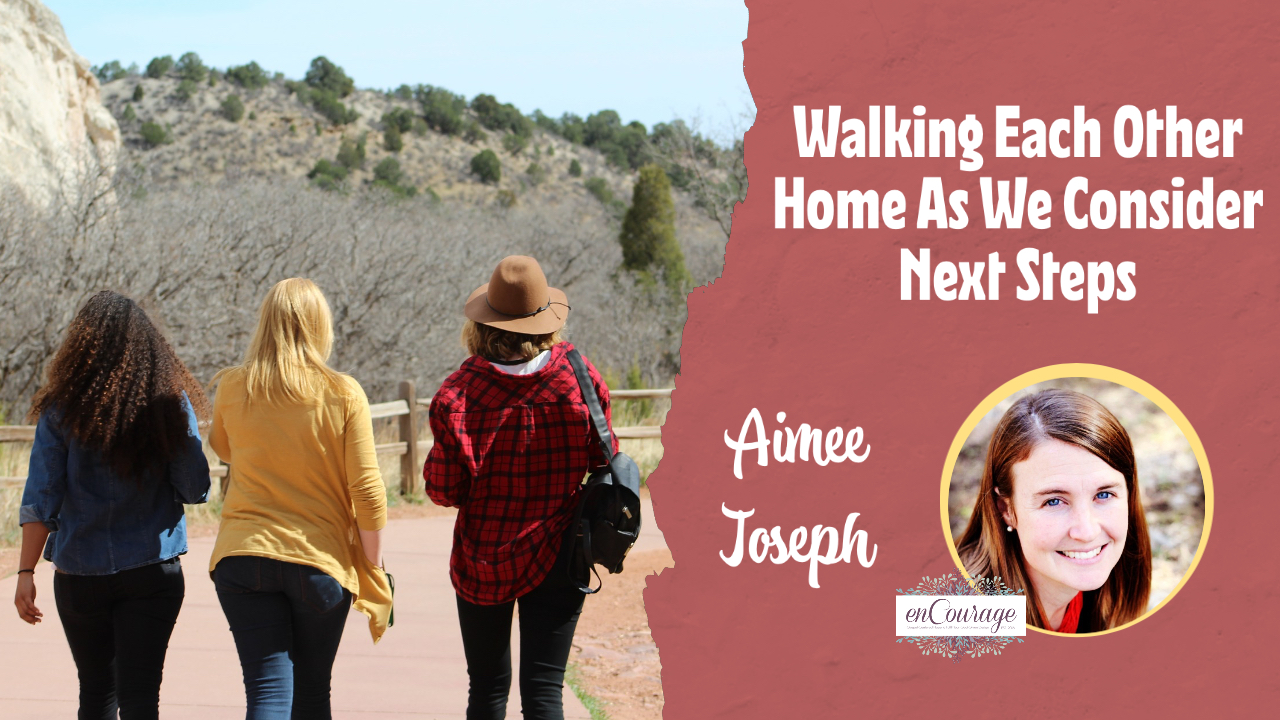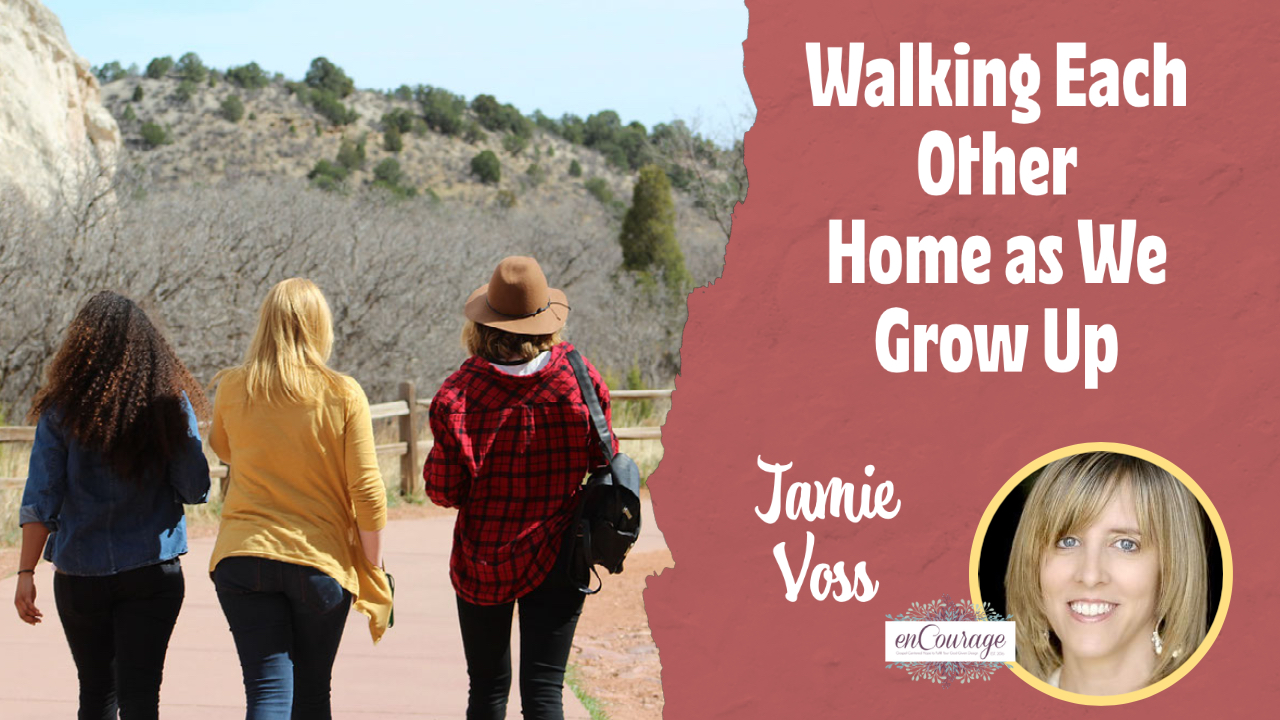There’s No Easy Way to Learn Patience
MEGAN HILL|GUEST “Don’t pray for patience,” you’ve probably heard someone say. “God just might take you up on it!” Behind our wry smiles and awkward chuckles is an uncomfortable truth: there is no easy way to learn patience. James also affirms that, for believers, trials are the school of patience. “Count it all joy, my brothers,” he writes, “when you meet trials of various kinds, for you know that the testing of your faith produces steadfastness” (James 1:2–3). Under God’s sovereign hand, the testing of our faith is a carefully-chosen curriculum, designed by him to produce steadfastness in our hearts. Although we might endure difficulties hoping our circumstances will change, James reveals that the greatest change happens in us, even while we wait. Various Kinds of Testing The Lord produces this steadfastness through trials of “various kinds,” with each person’s circumstances uniquely intended for her good. A recurring battle with sin is often his means of training us to renounce ungodliness (cf. Titus 2:11–13). Affliction allows us to learn his power made perfect in weakness (cf. 2 Cor. 12:9). Unmet desires may be his way of redirecting our desires toward himself (cf. Ps. 73:25–26)...










